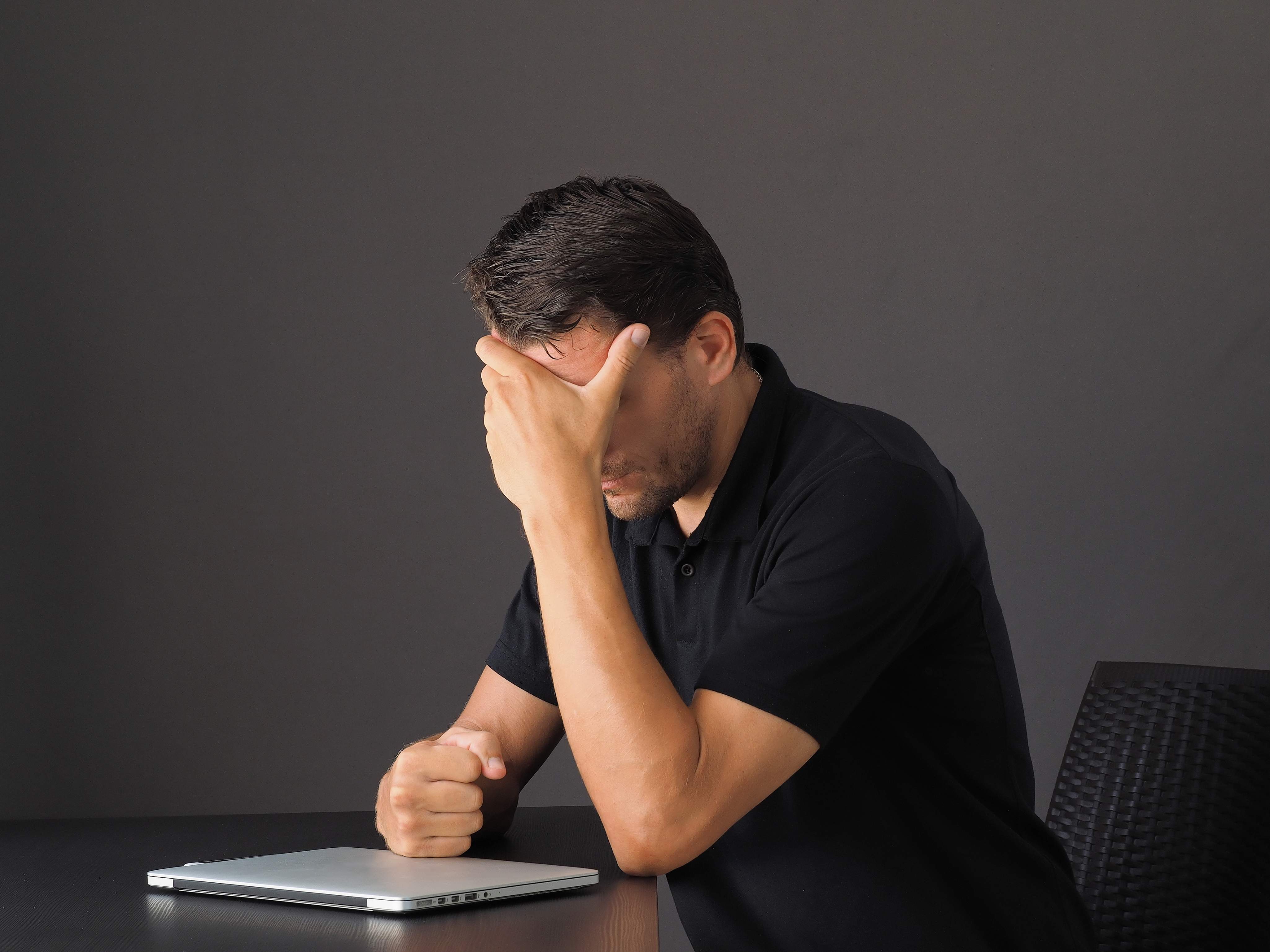Psychiatrist | 4 min read
Anxiety and Ways of Managing it
Medically reviewed by
Table of Content
Key Takeaways
- Anxiety is a body’s response to stress and can be helpful in several situations making us alert and focused
- Anxiety disorders are a group of related conditions and not a single disorder
- Getting help early can ease to cope up with the condition faster and prevent other complications from arising
Anxiety is a commonly used term by everyone which also includes the kids in school. We all have felt it at some point in our lives. But do we know everything about anxiety? The difference between a panic attack and anxiety attack? Possible ways to manage it? Keep reading to find the answers.
What is Anxiety?
Anxiety is a body’s response to stress and can be helpful in several situations making us alert and focused such as taking an exam or a job interview. There are feelings of unease, worry and fear. This is normal but when it becomes constant/chronic, uncontrollable and interferes your daily activities or relationships; it has turned into a disorder.
Additional Read: Anxiety and Ways of Managing it
What is an Anxiety disorder?
Anxiety disorders are a group of related conditions and not a single disorder. The symptoms vary from person to person depending on the severity. The most common anxiety disorders are generalized anxiety disorder, panic disorder, social anxiety disorder, and phobias. Let’s look at a few general symptoms of these anxiety disorders:
- Panic, fear, and uneasiness
- Irritability
- Restlessness
- Sleeping difficulties and insomnia
- Shortness of breath
- Cold, sweaty, numb or tingling limbs
- Palpitations or increased heart rate
- Dry mouth
- Nausea
- Muscle tension
- Dizziness
- Chills or hot flashes
- Frequent urination and upset stomach
- Shaking or trembling
- Headaches
What is the difference between a panic attack and anxiety attack?
Many times, the terms anxiety attack and panic attack are used interchangeably as if it is the same thing. But that is not true. Anxiety can be a symptom of panic, but it is different from a panic attack.
| ANXIETY ATTACK | PANIC ATTACK |
| It occurs mostly on a specific trigger like an exam, job interview, break-up etc. | Doesn’t require a trigger to occur. |
| It can be mild, moderate or severe. One can perform day to day activities with some anxiety back of the mind. | These are most severe, disabling and disruptive in nature. |
| It mostly builds up gradually. | It mostly occurs abruptly. |
| The physical symptoms involved are less severe like increased heartbeat and feeling of ‘knot in stomach’. | The physical symptoms are more severe kind of like total loss of control and fear of death. |
| Since it is related to specific situation or trigger, it builds gradually and continue for some time. | It starts suddenly, peaks in 10 minutes and usually abates in 30 minutes or so, although the effects may last longer. |
How to manage Anxiety?
One should reach out to his/her healthcare professional to help prevent and treat anxiety or panic attacks. Group therapies have also been found useful in such conditions. There are a few ways that can help ease the symptoms:
- Practice relaxation techniques such as breathing exercises. Take slow deep breaths and focus on each inhale and exhale.
- Cut down on caffeine. Foods and drinks that contain caffeine can make anxiety worse such as coffee, energy drinks, colas and certain chocolates.
- Connect and talk to others. Loneliness and isolation can worsen the condition.
- Exercise regularly at least for 30 minutes every day. It is a natural stress buster and anxiety reliever.
- Get enough sleep. 7-9 hours of quality sleep can be helpful. Avoid gadgets 1 hour before bedtime and keep a fixed bedtime routine.
- Quit smoking and avoid alcohol. Though it may seem relaxing, they act as a stimulant and make your symptoms worse.
- Learn to identify negative thoughts and how to manage them.
- Eat a balanced and healthy diet. Food and mind are interrelated.
- If you have already experienced an anxiety or panic attack, learn to accept it and know that it shall soon pass, and you shall be alright. Worrying can worsen the condition.
- Join a support group or try a new activity such as gardening, listening to music, yoga, Pilates etc.
Getting help early can ease to cope up with the condition faster and prevent other complications from arising. One should always seek help from a properly trained and qualified person. It is important to know that anxiety disorders can be treated even in severe

References
Disclaimer
Please note that this article is solely meant for informational purposes and Bajaj Finserv Health Limited (“BFHL”) does not shoulder any responsibility of the views/advice/information expressed/given by the writer/reviewer/originator. This article should not be considered as a substitute for any medical advice, diagnosis or treatment. Always consult with your trusted physician/qualified healthcare professional to evaluate your medical condition. The above article has been reviewed by a qualified doctor and BFHL is not responsible for any damages for any information or services provided by any third party.






